SUMMARY
This is AI generated summarization, which may have errors. For context, always refer to the full article.
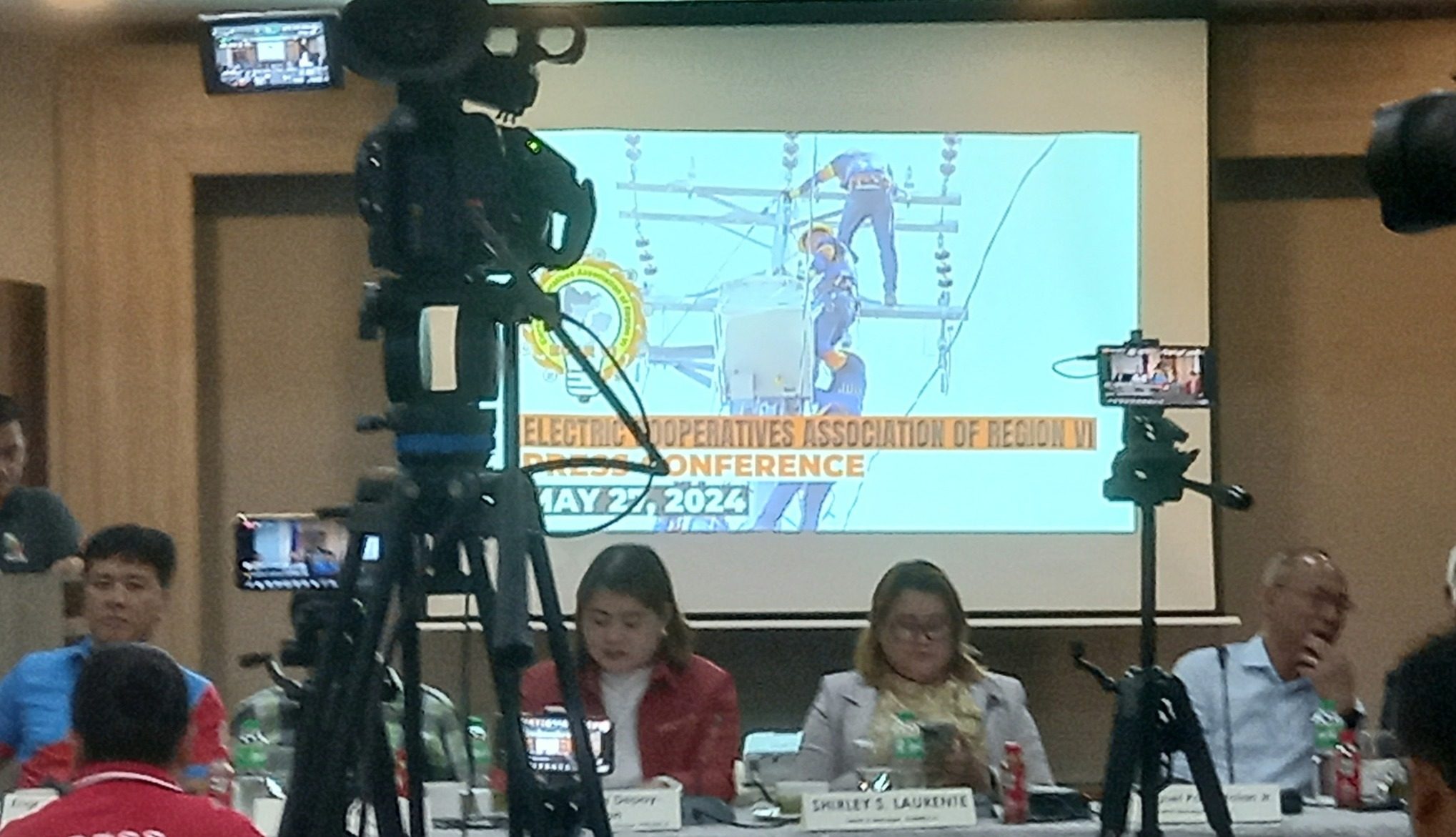
ILOILO CITY, Philippines – Power consumers in Western Visayas can expect some relief from high electricity costs this May after the Energy Regulatory Commission (ERC) approved a staggered payment plan for bills but on a case-to-case basis this month.
Janeene Depay-Colingan, executive director and general manager of the Philippine Rural Electric Cooperatives Association (PHILRECA), said on Monday, May 27, that all electric cooperatives in the region would implement the staggered payment plan over six months for their member-consumers.
The arrangement will also apply to those generating power to allow distribution utilities to defer their payments.
However, delinquent power consumers will not be eligible for this benefit.
The announcement was met with concern by general managers of three electric cooperatives in Negros Occidental.
Arnel Lapore of Central Negros Electric Cooperative (CENECO) expressed fears of accumulated unpaid bills as a result, which could disrupt their operations. He cited a similar situation in 2020 that resulted in financial difficulties for the cooperative.
“Without a government program to manage this staggered payment, extending such a provision is challenging,” Lapore said, noting the potential need for another bank loan to sustain operations.
Domingo Santiago of Negros Occidental Electric Cooperative (NOCECO) and Dorothy Evangelista of Northern Negros Electric Cooperative (NONECO) echoed Lapore’s concerns.
Colingan urged the national government to provide a power subsidy to alleviate the burden on consumers, noting that recent power rate increases in Western Visayas, averaging P2 to P3 per kilowatt-hour (kWh), are due to uncontrollable circumstances.
She said several geothermal, conventional, and biomass plants in the region ceased operations since April, and the cost of power from the Wholesale Electricity Spot Market (WESM) has surged by nearly 53%.
James Balsomo II, general manager of Iloilo 3 Electric Cooperative (ILECO 3), supported Colingan’s call for government intervention. He advocated for a review or repeal of the 23-year-old Republic Act 9136, or the Electric Power Industry Reform Act (EPIRA) Law, arguing that some provisions are outdated and disadvantageous to consumers.
Meanwhile, business leaders in Bacolod City and Negros Occidental have called for the adoption of an interruptible load program to mitigate power shortages and reduce costs.
Frank Carbon, chief executive officer of the Metro Bacolod Chamber of Commerce and Industry (MBCCI), cited the recent rotating blackouts and described the power situation as “beyond volatile.”
Carbon said implementing such a program could lower power purchases from WESM and reduce costs for consumers.
An interruptible load program would allow customers to reduce their energy demand during peak periods in exchange for compensation, as mandated by ERC Resolutions No. 08, No. 05, and No. 13 from 2013, 2015, and 2019, respectively.
Colingan acknowledged that while the ILP could help balance power demand and supply, it requires a commitment from participating customers and their partner power suppliers.

The ERC decision came days after several power consumers appealed that they be allowed to settle their electric bills in installments following the surge in electricity rates.
Speaking for a group of power consumers, Juvy Estoque, a NOCECO member-consumer, told a meeting in Kabankalan City on Thursday, May 23, that staggered payments for their April and May bills should be allowed.
The rising cost of electricity, according to Jocelyn Grace Garcia, NOCECO’s communication and customer service manager, was a result of the increase in one of their power suppliers’ generation charges, and it would be unfair to blame the cooperative for it.
Garcia said NOCECO was moving to finalize a power agreement with a power plant in Cebu that sells electricity at a contracted rate. However, she said, the ERC has yet to approve it.
Based on data presented by NOCECO, its rate increased to P17.9605 per kWh in May from P14.6309 the previous month. Overall, the cooperative’s electricity rates have increased significantly to P9.4183 per kWh since 2020.
In a May 16 public advisory, National Electrification Administration (NEA) chief Antonio Mariano Almeda explained that the primary cause of the increase in electricity rates in the Visayas, particularly in Negros Occidental, was the power generation component, a pass-on cost from the power suppliers to distribution utilities (DUs) or electric cooperatives (ECs).
Almeda said, “The costs incurred by the power suppliers are directly transferred to the ECs and then to the consumers.” – Rappler.com
Add a comment
How does this make you feel?



![[ANALYSIS] Why do we pay higher power rates when we have power outages?](https://www.rappler.com/tachyon/2024/07/tl-higher-power-rates-higher-power-outages.jpg?resize=257%2C257&crop=401px%2C0px%2C1080px%2C1080px)

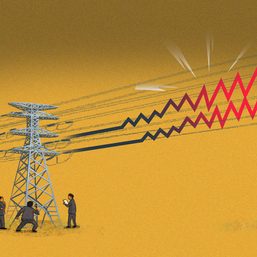
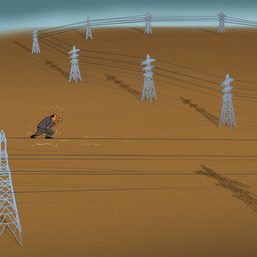
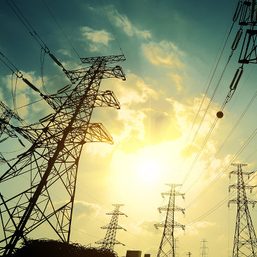

![[Ilonggo Notes] Exploring Plaza Libertad, Iloilo’s first town square](https://www.rappler.com/tachyon/2024/07/plaza-libertad-guimaras-from-city-hall.jpg?resize=257%2C257&crop=574px%2C0px%2C640px%2C640px)

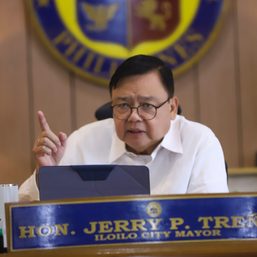
![[OPINION] Poverty is not a hindrance to success – that is a lie](https://www.rappler.com/tachyon/2024/06/Poverty-is-not-a-hindrance-to-success-%E2%80%93-that-is-a-lie-june-10-2024.jpg?resize=257%2C257&crop_strategy=attention)









There are no comments yet. Add your comment to start the conversation.